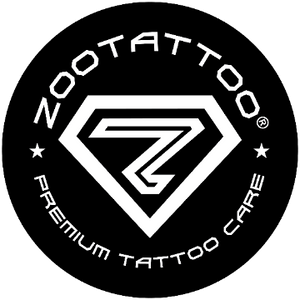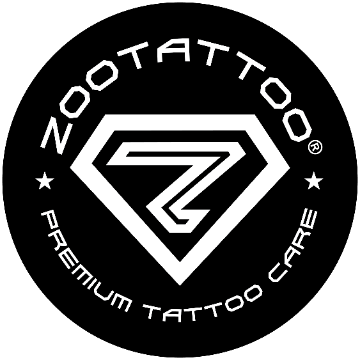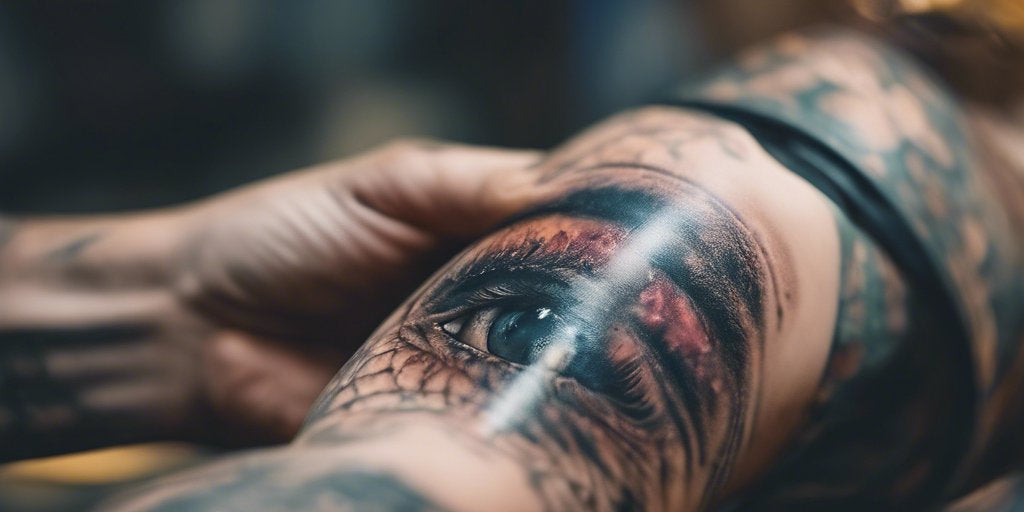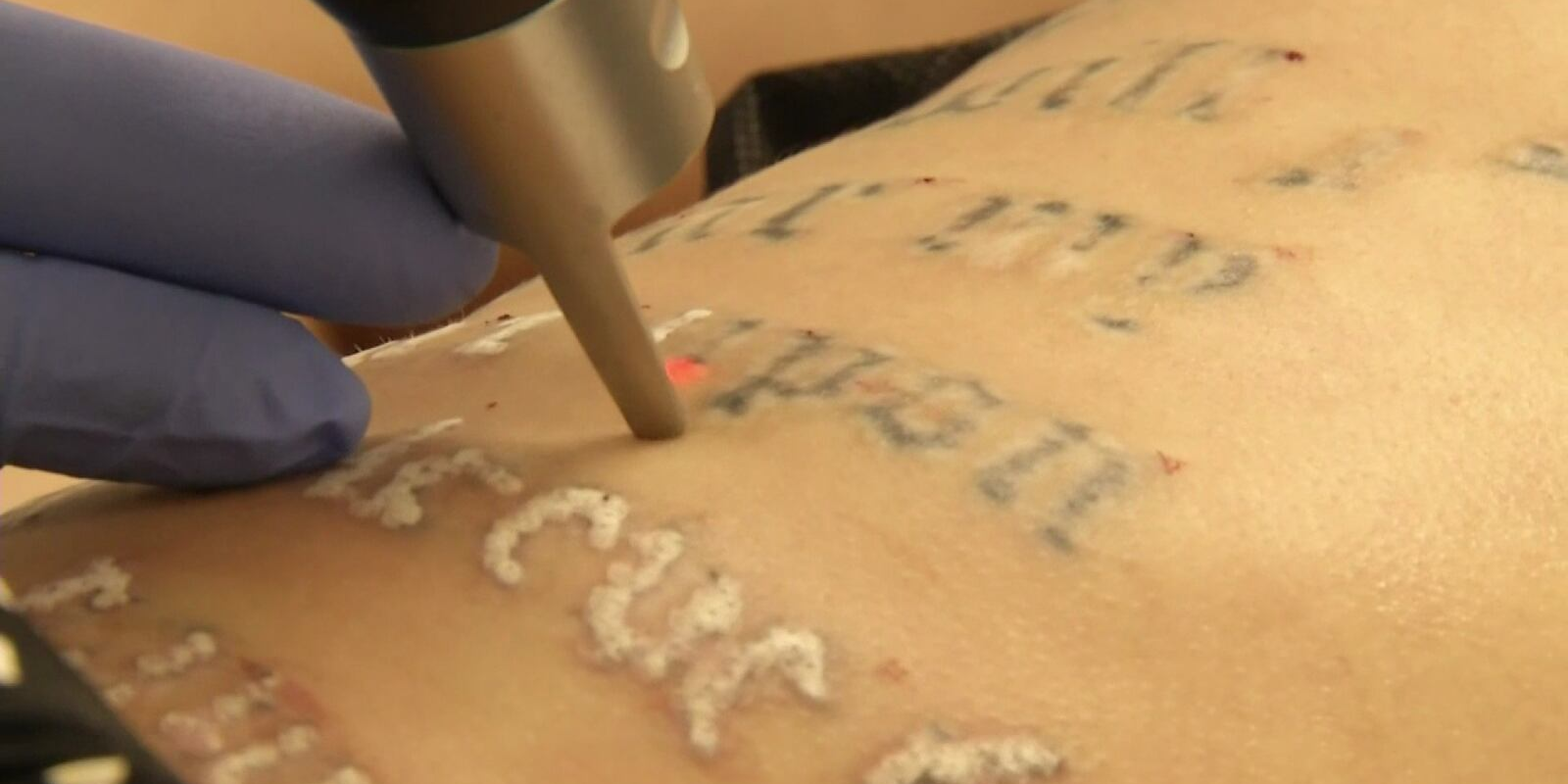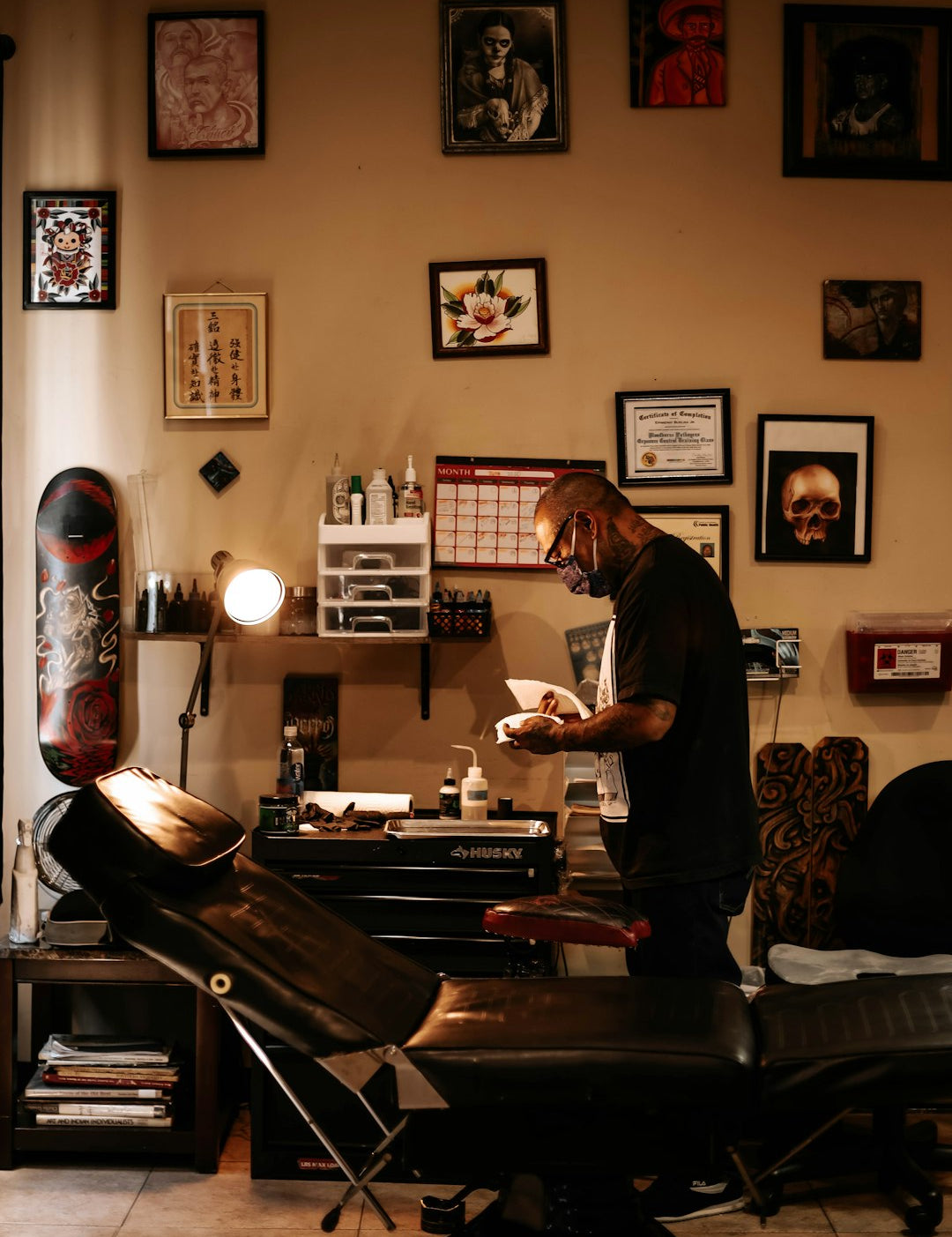Tattoos and Cultural Appropriation: A Controversial Debate

In recent years, the issue of cultural appropriation has gained significant attention across various realms of art and self-expression. One area where this debate is particularly prevalent is in the world of tattoos. Tattooing, once considered a symbol of rebellion or personal expression, has now become a topic of controversy when it comes to appropriating cultural symbols, designs, or traditions. In this blog post, we will explore the complex relationship between tattoos and cultural appropriation, shedding light on different perspectives and encouraging a respectful discussion.
Before delving deeper into the debate, it is crucial to understand what cultural appropriation entails. Cultural appropriation is the adoption, often by members of a dominant culture, of elements from a minority or marginalized culture. This process can range from borrowing clothing, hairstyles, music, or symbols without fully understanding their historical, cultural, or spiritual significance. While cultural exchange can be positive and enriching, cultural appropriation is often criticized for being exploitative and disrespectful.
Tattoos have been a means of self-expression for centuries, with various cultures around the world utilizing body art to convey personal or cultural narratives. The act of getting a tattoo is deeply personal, and for many, it holds immense symbolic value. Tattoos can serve as a form of identity, a celebration of heritage, or as a means of communication.
For individuals seeking to get a tattoo, the decision often stems from a desire to commemorate a significant life event, honor a loved one, or simply adorn their bodies with beautiful artwork. Tattoos have the power to tell stories and connect people to their roots. However, when a tattoo design is borrowed from another culture without proper knowledge or respect, it can lead to cultural appropriation.
The Fine Line: Appreciation vs. Appropriation
Appropriation becomes an issue when people take symbols or designs from another culture without understanding or respecting their cultural significance. It is essential to differentiate between cultural appreciation and appropriation. Cultural appreciation involves genuinely embracing and respecting another culture's practices, rituals, or designs, while giving credit and recognizing their origins. Appreciation encourages learning and cross-cultural understanding, fostering connections rather than causing harm.
On the other hand, cultural appropriation is often characterized by a lack of understanding, misrepresentation, or commodification of elements from marginalized cultures. This can trivialize and reduce cultural symbols to mere fashion trends, without acknowledging the cultural and historical context from which they originated. Such acts perpetuate stereotypes and contribute to the erasure of marginalized communities.
Tattoos and Cultural Sensitivity
When it comes to tattooing, cultural sensitivity is of utmost importance. Tattoo artists and individuals looking to get a tattoo must educate themselves about the cultural significance of particular symbols or designs. By doing so, they can ensure that the tattoos they choose respectfully honor the culture they draw inspiration from.
Tattoo artists play a pivotal role in navigating the fine line between appreciation and appropriation. They should invest time in understanding the cultural context of the design and communicate with clients to ensure they are fully aware of the tattoo's meaning and the cultural symbolism behind it. Open and transparent conversations can help foster mutual understanding and prevent inadvertent cultural appropriation.
The Debate: Where Do We Draw the Line?
The debate surrounding tattoos and cultural appropriation is multifaceted. Some argue that the act of appropriating cultural symbols through tattoos disregards the significance they hold for specific communities. They argue that such acts perpetuate cultural imperialism and contribute to the erasure of marginalized cultures.
However, others maintain that tattoos serve as a platform for cultural exchange and appreciation. They argue that tattoos can be a bridge between cultures, allowing individuals to celebrate and honor diverse cultural heritages. Tattoos, when done respectfully, can be a form of homage rather than appropriation.
Fostering Conscious Tattoo Practices
As individuals, we need to approach tattooing with respect and cultural sensitivity. Here are a few guidelines to ensure conscious tattoo practices:
Research and Educate
Before getting a tattoo design, take the time to research its cultural significance. Understand the historical, spiritual, or traditional context in which it is utilized. This knowledge will allow you to appreciate the design fully and honor the culture it represents.
Consult with Experts
Reach out to tattoo artists who are well-versed in cultural symbolism and the history of tattooing. Have open conversations with your artist, discussing the design's meaning, its origin, and any concerns regarding cultural appropriation. A knowledgeable artist will guide you through the process and ensure a respectful and informed decision.
Support Diverse Artists
Choose to get inked by artists from diverse backgrounds who incorporate their cultural influences into their work. By supporting these artists, you contribute to celebrating cultural diversity and promoting inclusivity within the tattoo community.
Celebrating Diversity
Tattoos have the power to celebrate diversity and encourage cross-cultural understanding. When you choose to get a tattoo, consider designs that reflect your own cultural heritage or demonstrate respect for the diverse cultures around you. This way, you can promote a celebration of shared humanity while avoiding cultural appropriation.
Conclusion: Tattoos as A Symbol of Unity
Tattoos have the potential to be a powerful tool for storytelling, self-expression, and celebrating cultural diversity. By approaching tattooing with respect, understanding, and cultural sensitivity, we can avoid the pitfalls of cultural appropriation. Through conscious tattoo practices, we foster an environment of appreciation, creating beautiful and meaningful art without causing harm or perpetuating stereotypes. Let us embrace tattoos as a symbol of unity, understanding, and the celebration of diverse cultures.

This article was brought to you by ZOOTATTOO® The world's premium vegan aftercare balms, creams, adhesive wraps, and cleansers. We only use high quality exotic Australian Organic Hemp Oil and complimentary botanical ingredients for when you're healing tattoos, scalp micro-pigmentation and laser treated skin.You won't look back!
FREE SHIPPING on orders over $100AUD to USA, Australia, Canada, New Zealand, UK, Belgium, Germany, France, Ireland, Switzerland and Netherlands ORDER HERE
** Not redeemable with other promotional discounts.
0 comments
